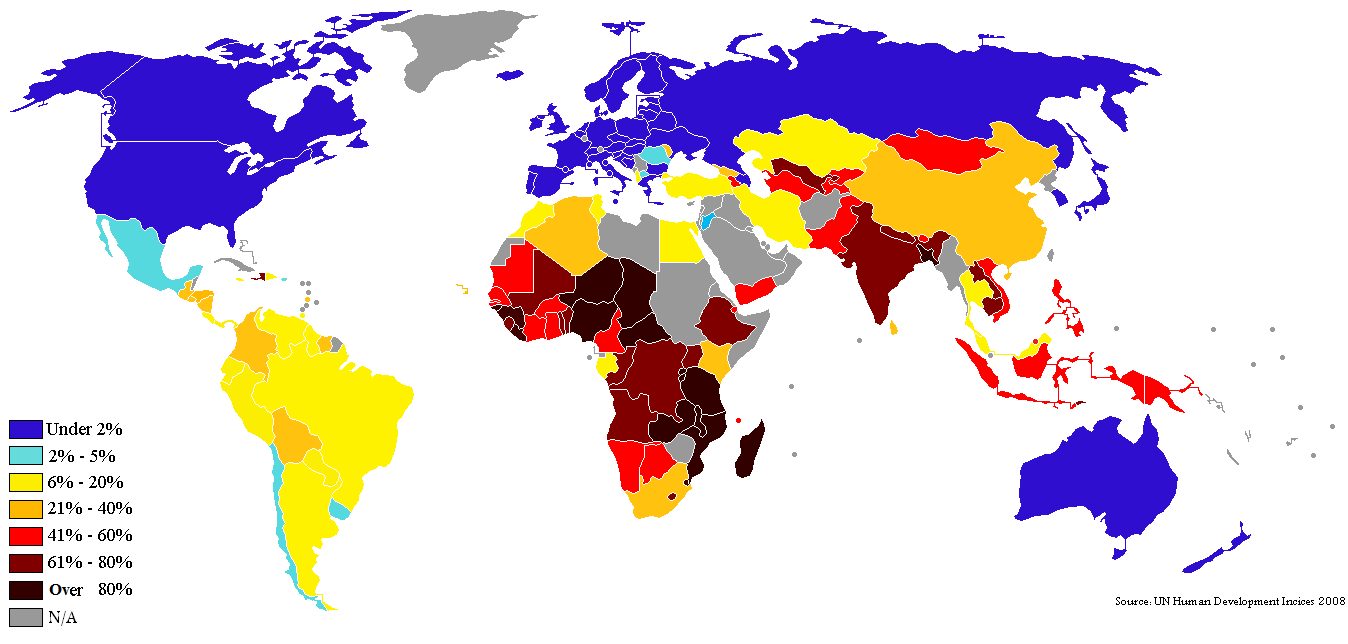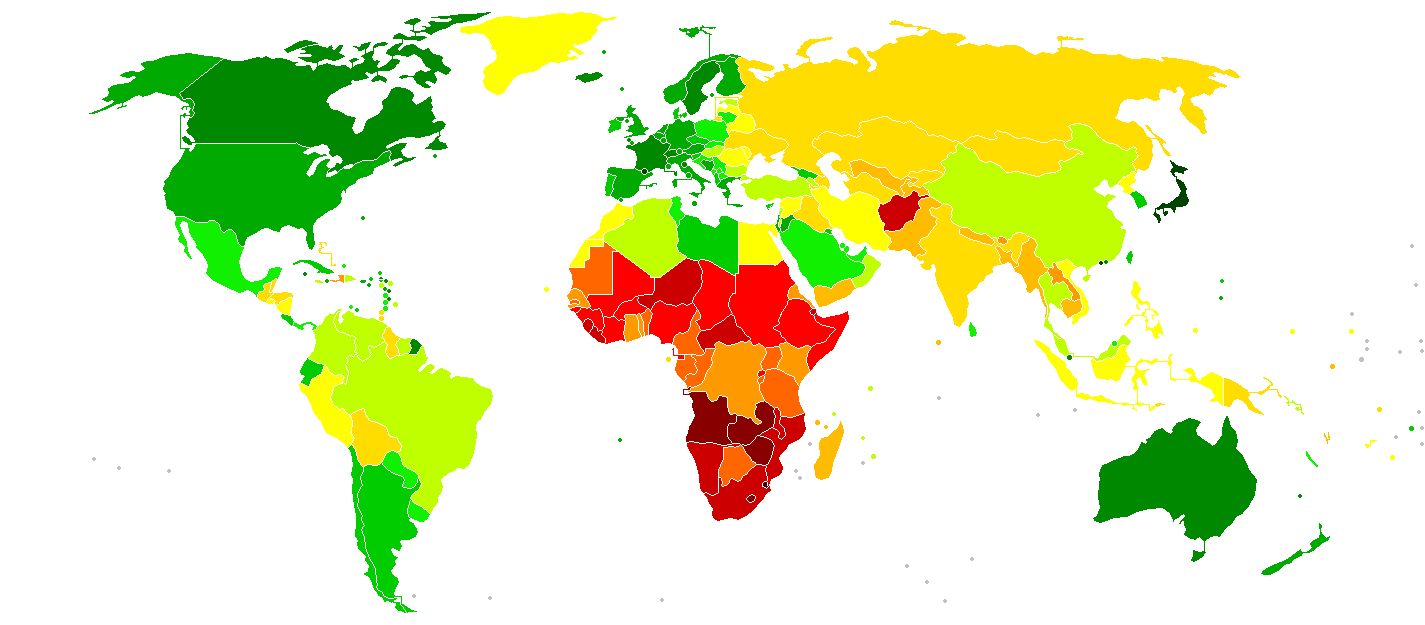Lil Proton
Liàng Proton
Le person: What!? Is democracy actually good? Is that a question? Of course it is, you moron. How can you even question that, you nazi?
Me: Alright, hold on, Let me explain mate. Democracy only works in an education population, (particularly educated in politics, economics and other relevant topics) but it doesn't work, in a stupid population. At all. Let me put it this way right.
--------------------------------------------------------------------------------------------------------------------------
So there's a ship sailing across see. And every ship has a captain. Let's say the captain is voted in.
Who should vote?
The average passengers who know nothing on navigation and geology? Of course not, despite the fact that they're also in the ship, they basically know next to nothing about how the ship actually runs. Allowing the passengers to decide who's the captain is stupid. Makes sense?
How about the people educated and specialized in seafaring? You know, like the ones trained to sail across the ocean, all the other captains, and people like that. Yes, trusting those people to decide who's the captain makes much more sense
Upon common sense, the people educated should vote as most would agree. So why isn't the same thing applied to a country?
Voting should be a skill, not a random activity. And like any skill, you need to learn it. So letting people vote without an education on basic politics, economics etc is stupid.
No, I'm not saying to go back to a dictatorship, because that's equally stupid. Though, I doubt there would be much a difference on that point. What I'm saying, is that people with a basic education on politics and other necessary stuff should be given the voting option right. And it really doesn't have to be that expensive, school already teaches students useless junk, so why not have the schools teach students the necessary information on politics, up until graduation. You know, to insure that the population would at least know the risks of voting.
Think about it like this right:
Imagine in a country, there's two people running for office. A burger restaurant owner, and a doctor. Given that the population is generally stupid, who would you think will win the debate.
-----------------------------------------------------------------------------------------------------------------------------
Burger Restaurant Owner: Aie, look at that guy, he gives you ucky medicine and performs dangerous surgery. And VACCINES he wants children to have vaccines! While I, a proud business man will promise to give everyone free hamburgers to feed the hungry. WHO WILL VOTE FOR ME!
Doctor: Yeah, I give your children vaccines, and also do surgery, and prescribe medicine with big words you don't understand. But my policy to make these things more affordable will benefit everyone.
--------------------------------------------------------------------------------------------------------------------------
You see my point, a population that's ignorant would end up voting the burger guy, and then you'll get an epidemic on diabetes. It's the same concept that's happening now.
Me: Alright, hold on, Let me explain mate. Democracy only works in an education population, (particularly educated in politics, economics and other relevant topics) but it doesn't work, in a stupid population. At all. Let me put it this way right.
--------------------------------------------------------------------------------------------------------------------------
So there's a ship sailing across see. And every ship has a captain. Let's say the captain is voted in.
Who should vote?
The average passengers who know nothing on navigation and geology? Of course not, despite the fact that they're also in the ship, they basically know next to nothing about how the ship actually runs. Allowing the passengers to decide who's the captain is stupid. Makes sense?
How about the people educated and specialized in seafaring? You know, like the ones trained to sail across the ocean, all the other captains, and people like that. Yes, trusting those people to decide who's the captain makes much more sense
Upon common sense, the people educated should vote as most would agree. So why isn't the same thing applied to a country?
Voting should be a skill, not a random activity. And like any skill, you need to learn it. So letting people vote without an education on basic politics, economics etc is stupid.
No, I'm not saying to go back to a dictatorship, because that's equally stupid. Though, I doubt there would be much a difference on that point. What I'm saying, is that people with a basic education on politics and other necessary stuff should be given the voting option right. And it really doesn't have to be that expensive, school already teaches students useless junk, so why not have the schools teach students the necessary information on politics, up until graduation. You know, to insure that the population would at least know the risks of voting.
Think about it like this right:
Imagine in a country, there's two people running for office. A burger restaurant owner, and a doctor. Given that the population is generally stupid, who would you think will win the debate.
-----------------------------------------------------------------------------------------------------------------------------
Burger Restaurant Owner: Aie, look at that guy, he gives you ucky medicine and performs dangerous surgery. And VACCINES he wants children to have vaccines! While I, a proud business man will promise to give everyone free hamburgers to feed the hungry. WHO WILL VOTE FOR ME!
Doctor: Yeah, I give your children vaccines, and also do surgery, and prescribe medicine with big words you don't understand. But my policy to make these things more affordable will benefit everyone.
--------------------------------------------------------------------------------------------------------------------------
You see my point, a population that's ignorant would end up voting the burger guy, and then you'll get an epidemic on diabetes. It's the same concept that's happening now.


